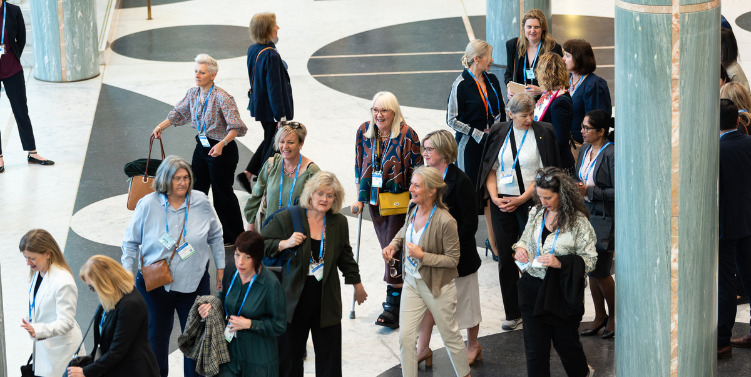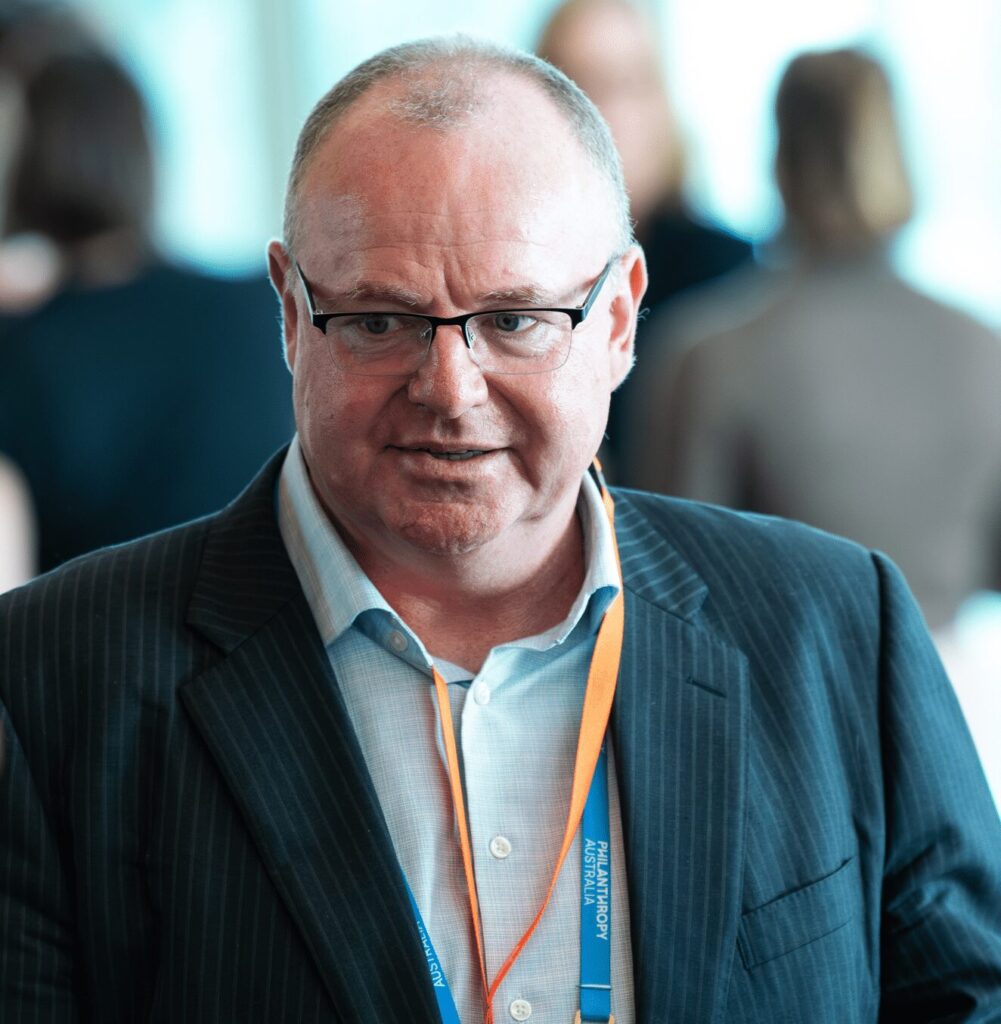PA members leading the charge on the double giving agenda

With submissions on the draft Productivity Commission (PC) report due next Friday, 9 February, a strong response from the philanthropic sector will be important to securing the best possible outcomes for the double giving agenda, writes our Executive Director, Policy, Government Relations and Research, Sam Rosevear.
It has been a tremendous week of PA member engagement on the double giving agenda. Member sessions on Tuesday and Wednesday were attended by well over 100 members, with lively and constructive feedback on PA’s submission to the PC. A recording of both sessions are available online: Session 1 and Session 2.

I also want to thank members who’ve reached out to engage me on our draft submission during the last month or so, which I sent to members before Christmas, available on our website.
It has also been inspiring to see so many member organisations planning to make a submission of their own to the PC. This strong sector response is absolutely critical to encouraging the PC to recommend more reforms to government to help create a more generous and giving Australia. If you are in a position to write a submission, I encourage you to do so, as it could be crucial to making a difference and breaking through on key reforms.
Philanthropy Australia CEO Jack Heath and I met with the PC Commissioners and their staff team again this week and were encouraged by the engagement. The PC highlighted that the first report focused in particular on getting the key foundations right – notably reforming the Deductible Gift Recipient system – but they remain open to discussion on recommending a broader suite of actions by government, such as on super bequests (allowing the choice, but not removing the tax).
As detailed in our draft submission, there are many options members could recommend to the PC, such as:
- Super bequests – As the Impact Economics and Policy report showed, this has the potential to double giving in the long run on its own. Crucially, without changing tax arrangements, it could occur without any cost to government – indeed revenue would rise. With the PC open on this reform, this is a good priority to consider for your own submissions.
- A strategy to strengthen and grow Australia’s Community Foundation network – The PC is well aware of the important role of Community Foundations. They play a crucial role in so many ways – empowering local people to give and volunteer, building social capital, deploying funds wisely to meet critical local needs, spreading philanthropic funds across the nation to where they are most needed, and much more. A recommendation for government to engage with Community Foundations and the philanthropic sector to develop a strategy to strengthen and grow the sector would help chart the course for the decades ahead.
- A voluntary choice to donate as part of the tax return process – With government returning around $30 billion each year in tax returns, providing taxpayers with a simple option to return some or all of their tax return to their favourite charity would be a great way to lift giving.
- A National Giving Campaign – This could help us create a more generous and giving culture among wealthy Australians, business, financial advisers and volunteers, as well as the broader Australian community.
- Strengthening the Charity Sector – Support for the charity sector to do what it does best even better is a great option. For instance, government could help create a stronger cadre of fundraisers and sector leaders, provide support for evaluation and social innovation, and better partner with charities, providing full funding for services and longer contract lengths.
- A National Giving and Volunteering Data Set – The PC has made many excellent recommendations to improve data in areas including corporate giving, bequests and volunteering. Bringing this all together into a single source of truth on the state of giving and volunteering nationally, to be released annually, would help better inform the work of policymakers, philanthropists and charities.
- Governance – Building on the work of the Investment Dialogue for Australia’s Children, in the years down the track, ministers and/or officials could collaborate similarly with philanthropy to drive stronger outcomes in other portfolios, such as First Nations justice, the arts and the environment.
Thanks again to members for your tremendous engagement on the double giving agenda. Working together, we can and will create a more generous and giving Australia.